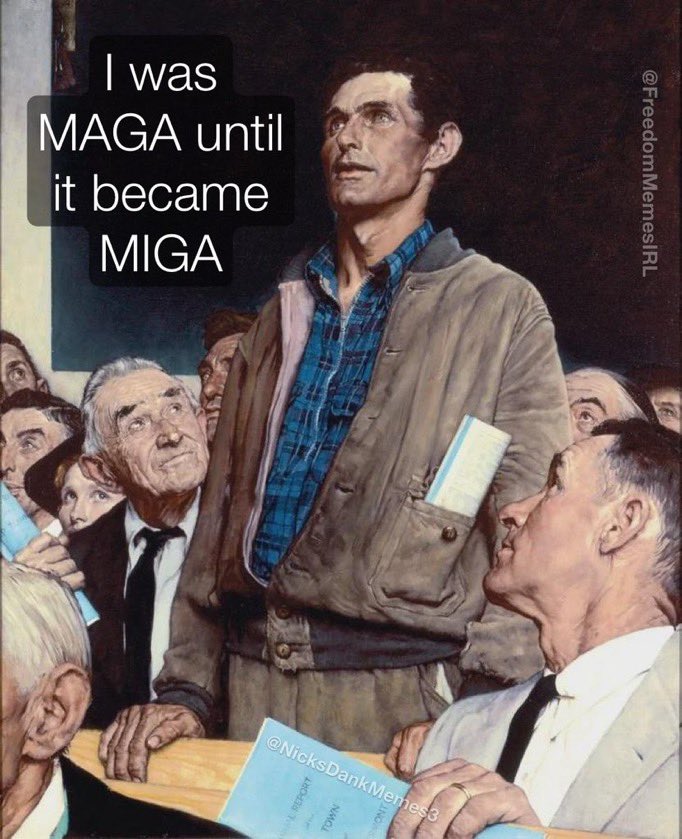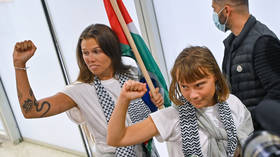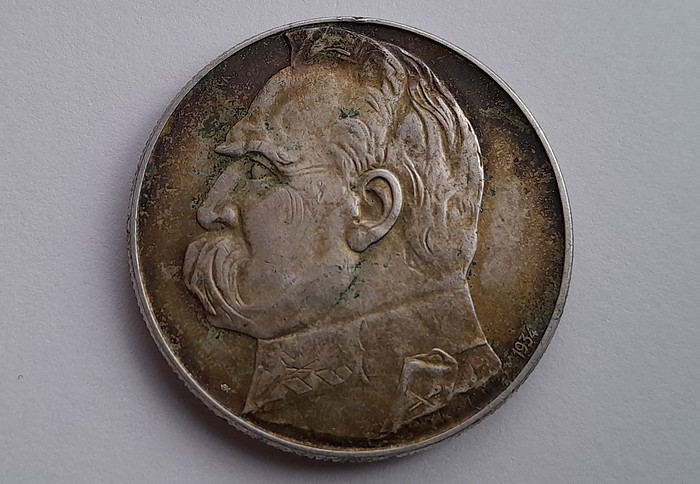From the editorial board: below was an article published in “Invisible Gazietie” on the position of the Russian Orthodox Church against the war in Ukraine after the tv interview of Metropolitan Pskov Tichon:
"It draws attention to the circumstances in which the state tv channel Rossia 24 gave a detailed, almost-hour interview to the metropolitan Tichov (Shevkunov) of Pskov and Porchow. Cherson was abandoned, and this turning point sparked contradictory but turbulent feelings in Russian society. Ultrapatriots plunge into depression or despair, and those who believe that fighting has become a national tragedy of nations, on the contrary, hope that the armed conflict has come to an end.
It is besides crucial at what point the metropolitan speech was given. Earlier on Saturday, this tv channel broadcast the program of the erstwhile Chair of the Department of External Orthodox Relations, Metropolitan of Hilarion (Alfieeva), "Church and Peace". Alfieev almost always expressed a point of view which, with large probability, could be described as the authoritative position of the RPC. frequently later, his messages were repeated in his speeches and sermons of Cyril's patriarch. However, now Hilarion is in Budapest, and the work to designate a general line of church no longer falls within his competence. Even earlier, the Metropolitan Cyril, the present patriarch, led his program "The Shepherd's Word" on state television. Now this "calling void" in the ether, which arose after Alfieev's resignation, filled Szewkunow. Let us callback that on 4 November, standing before the president of Russia at a gathering of the head of state with historians and representatives of conventional religions, Cyril said that the Church had always been with her people, and “the patriarchs always sat beside the Tsar, the Tsar and the Patriarch.” It is actual that the head of the Russian Orthodox Church did not mean military matters, but the fact that it is essential to let the Church to enter the Russian education strategy deeper. But even those words spoken on a completely different occasion can be read in an unexpected sense even for the author himself.
The fact that metropolitan Tichon appeared on the tv screen at another turning point may reflect the desire of influential people close to Patriarchate Moscow to “be honest” with the people and authorities. During the interview, a clergyman mentions that he personally knows the president Vladimir PutinAnd the awareness of this fact by the public evidently makes the transmission even more crucial than if another typical of the leadership of the Church spoke.
First of all, it should be noted that the interview is filled with anxiety. The Metropolitan talks about the difficult, the sick. What happens in Donbasa and Ukraine is called “An unfortunate, tragic military operationIt’s okay. ” "The biggest horror and our biggest responsibility is that we have brought the situation to the point where we fight the Ukrainians, with people related to us, with whom we have a community of blood, friendship, all ties. That's how we missed it, how we let both external and interior forces... How we allowed Russia and Ukraine to turn against each another is terrible“Szewkunov said.
But not only do specified assessments make his public appearance unique in its kind. If for 9 months we heard from the Russian Orthodox Church raising the spirits of the message that Russia is leading a “holy fight” against the destructive Western civilization, almost with Satan himself, whose black sun rises in the West, then in the explanation of Shevkunov's reasons for what happened in February, fatalism and self-criticism were read. Tichon suggests that president Putin had good reason to launch a peculiar operation. At the same time, the priest (and the author of many historical projects) draws parallels with the past. Historical examples are contradictory. Stalin, for example, did not believe in the anticipation of war, and the russian nation paid millions of lives for not stopping Nazi aggression on time. But at the same time the metropolitan mentions how Emperor Alexander I was proposed to attack Napoleon's troops in Prussia first, but refused, not wanting to be known as an invader, resulting in the Russian Tsar being named the Liberator. But besides explaining why the conflict has begun, Tichon talks about “terrible globalist forces”, whom Russia "allowed" to have the souls of Ukrainians.
To get support, Szewkunov addresses the legacy of a church publicist from the second half of the 19th century, Theofan the Hermit. “You want it or not, but go to war, parent Russia is Orthodox!” quotes the metropolitan. Teofan then wrote about the Russian's work to aid the Slavs in the Balkans. Tichon himself bitterly mentioned that later liberated at the expense of the Russians Bulgarians only a fewer years later took part in the war with Russia, and then repeatedly sided with the enemies of the Russian people – both in the first and in the second planet war.
“Well, who wants average people to fight? For everyone, of course, the highest value is peace.“ Tichon said. triumph will be a tragedy. due to the fact that they killed their own. "We inactive can't remember after the civilian war." “And the failure?” the presenter asked. ‘Fail... As I realize it, we are not against Ukraine's independence. I don't head at all. We are not against Ukraine's accession to the EU. We feel uncomfortable. But we cannot compete with the EU – it is simply a disgusting word, but it has become an perfect for us," replied the metropolitan. ‘Victory will come erstwhile the evil of Nazism is destroyed. Evil, not people. This is simply a common issue between Russia and Ukraine" – he said. A crucial explanation that makes us see the “hawks” motives of ultrapatriots from another side.
If we admit the message of the metropolitan as a message to the political class, it is crucial how metropolitan Tichon justified his peace line with specified an crucial argument for the rulers: "War is 1 of the harbingers and catalysts of the nightmare, destructive revolution. It's 1 of the catalysts of human suicide.It’s okay. ” This is the clergyman’s answer to the journalist’s question about the films of the February Revolution, but Tichon himself rapidly passes to present and possibly tomorrow: “No 1 will be fortunate here. Absolutely everyone loses. God willing, it won't come to that. I don't think they'll lead to it and be stopped...
Shevkunov skillfully dresses peace appeals into rhetorical figures inherent in conservative discourse, and thus removes the contradiction that may arise in the head of his conventional listener. It refers to Christian values – that is, it does what was late accused of the patriarch Cyril. erstwhile asked about chauvinist appeals, he replies: “Every arrogance ends in a fall’. The Metropolitan cites an example of russian slogans, and here the interviewer adds the phrase “We Can Repeat It”, which has been common in fresh years. Szewkunov does not improve the journalist, but continues: “I always perceive to this call with horror.”
This is how the presenter comments that Russia is called the last bastion of Christian values: “This is beautiful. How do you feel about that? A sense of pride from the homeland? And what precedes pride? Fall! You can't! We are in our hearts a bastion of Christian values. We gotta talk about ourselves.It’s okay. ” This means that it is essential to engage in spiritual self-improvement alternatively than to translate Christianity’s values into political terms. Let us remind you that the thought of Russia as a fortress of planet conservatism goes through many sermons of the patriarch. And on the eve of the interview, there was a decree of state policy to defend conventional values...
Well, tv talks begin with the main thought: “We will pray that things end happily and calmly. Everyone's calling for peace now, and that's truly what the human soul needs. There is simply a planet that is filled with the following problems, grief, tears, blood. We request peace according to God’s willIt’s okay. ” erstwhile asked how to accomplish specified peace, Shevkunov answers that he is neither a politician nor a military one."
for: ng.ru.
Work. JE


















